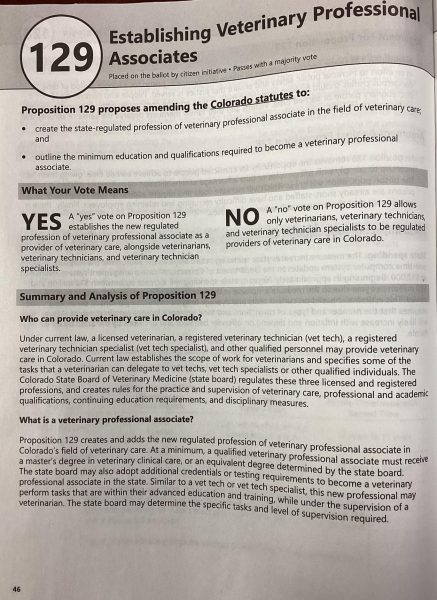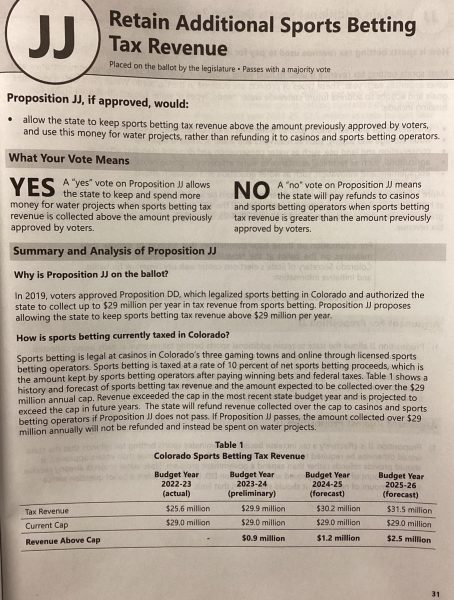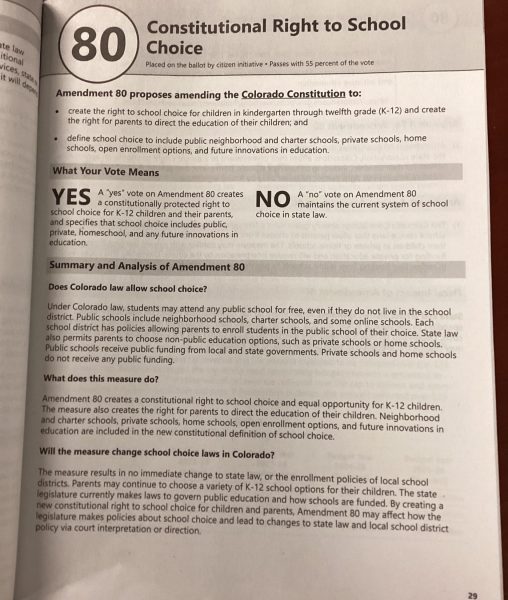Op-Ed: Online Privacy and The Value of Our Data
Image by Darwin Laganzon from Pixabay
Privacy is something that we all value, but don’t always pay attention to. This has never been truer than in the age of the internet, where something as simple as what we do and what we look at is now able to be sold to the highest bidder. Almost every company that we interact with online is somehow in this business. All types of data, ranging from the sites you visit, to the things you post online, to even where you move your mouse, is all being recorded and up for grabs. With such a clear violation of privacy its crazy to think that we aren’t taking more steps to prevent it.
When you browse the internet, you aren’t just anonymously viewing the sites you visit. Instead, your computer is actively asking for information, processing that information, and in the end displaying that information to you. Although this method works great, and is the backbone for everything on the internet, it does have a major flaw. Since our computers are asking for the information, it makes it easy for a website to tell where your computer is. By also collecting the unique differences between various computers, such as the screen size, browser, cookies, and even your fonts, a website can build up a unique “fingerprint” of your computer. By combining these two pieces of information, it allows services to easily track their users across their own site. With the advent of services such as Google Analytics or Google Ads it has become possible to track users outside of just a single site. In order to use these services all a website owner needs to do is embed a small amount of code provided by companies like Google or Facebook and they immediately gain access to a wide range of monetization and analytics products, with the base products being completely free. Of course, nothing is free. Sadly, the cost of these services is the user data that they can collect. Data is a very powerful tool. With all the data that is collected, companies can build an in-depth and detailed profile about almost anyone. By using the profiles companies such as Google and Facebook have about us, they can sell hyper targeted ad spots that are catered to each individual person. This is where the debate about online privacy begins.
Advertising has always been a field that’s vital to a business’s success. Ads have always worked on the premise of product placement. The goal of the ads being to promote a product or associate ideas with a product. (Campbell et al. 329) In order for the ad to be as effective as possible it must be marketed to the right audience. In more traditional media formats, there isn’t much more control other than selecting the billboard or radio station that the ad appears on. However, traditional advertising methods can’t be fully effective since they are bound to be seen by people outside the target demographic. Advertising niche products is even harder in a traditional format. If a product doesn’t have mass market appeal, then its bound to be wasting impressions on people who weren’t interested in the product in the first place.
The invention of the internet has completely uprooted the traditional advertising model. Because of the data that companies have on their users, it opens the possibility of targeted ads. Targeted ads allow for an advertiser to directly select the groups of people who view their ads, limiting the number of false impressions and providing a much better value to the client. However, when this practice is taken to the extreme, this lightly targeted advertising turns into hyper targeted advertising. It isn’t uncommon to hear stories from people discussing how they were talking about something, then they went online and saw an ad for the exact thing they were discussing. Although to some it could be considered a good thing to see ads related to your interests, many instead take it as a severe invasion of their personal privacy. Tailoring ads based on the sites you’ve looked at in the past is only the start, however. According to wired magazine, “these companies are in the business of what’s called behavioral advertising, which allows companies to aim their marketing based on everything from users’ sexual orientations to their moods and menstrual cycles, as revealed by everything they do on their devices and every place they take them.” (Edelman)
Social media companies have proven over and over again, that even though they are able to amass a large amount of data on us, they aren’t able to be trusted with it in the first place. One of the largest examples of this was the Cambridge Analytica scandal. It revolved around Facebook’s relaxed security policies surrounding the amount of data third-party apps had access to in peoples Facebook accounts. In this case, Facebook allowed third-party apps to access the data of friends of users who authenticated with the app. Cambridge Analytica was able to abuse this loophole and purchase data about tens of millions of Americas. They then used that data from unwilling Americans to help influence the 2016 election. (Lapowsky) More than anything, this shows that the social media companies can’t be trusted to implement policies to keep their users’ data safe. Especially data that can be used to build an entire profile on someone’s personality and behavior.
Privacy should be an important topic for many reasons. Not only do social media companies passively build detailed profiles on their users, but the users often don’t understand the extent of the data that’s being collected on them. The sole purpose of a social media network is to collect data and to effectively categorize their users into groups, all in the name of selling hyper targeted ads. When a company’s primary operation is to collect data its important to hold them accountable for respecting the privacy and security of their users. Since proper privacy protections and ethical tracking policies are something that directly contradicts the bottom line of businesses, you can’t assume that they will self regulate, instead there needs to be enough regulation to discourage unethical practices. With regulations such as the European Union’s G.D.P.R., or general data protection regulation, and the recent anti-trust lawsuit against Facebook filed by the FTC there is signaling of change beginning to take place. At this point some of the best options for engaging in the fight for privacy is to both spread the word and get it out there, as well as contact your state senators in order to show your support for a more ethical and private future for the internet.
Works Cited
Campbell, Richard, et al. Media & Culture: Mass Communications in a Digital Age. Bedford/St.Martin’s, 2019
Edelman, Gilad. Why Don’t We Just Ban Targeted Advertising?. Wired, 2020,
https://www.wired.com/story/why-dont-we-just-ban-targeted-advertising/
Lapowsky, Issie. How Cambridge Analytica Sparked the Great Privacy Awakening. Wired, 2019, https://www.wired.com/story/cambridge-analytica-facebook-privacy-awakening/







